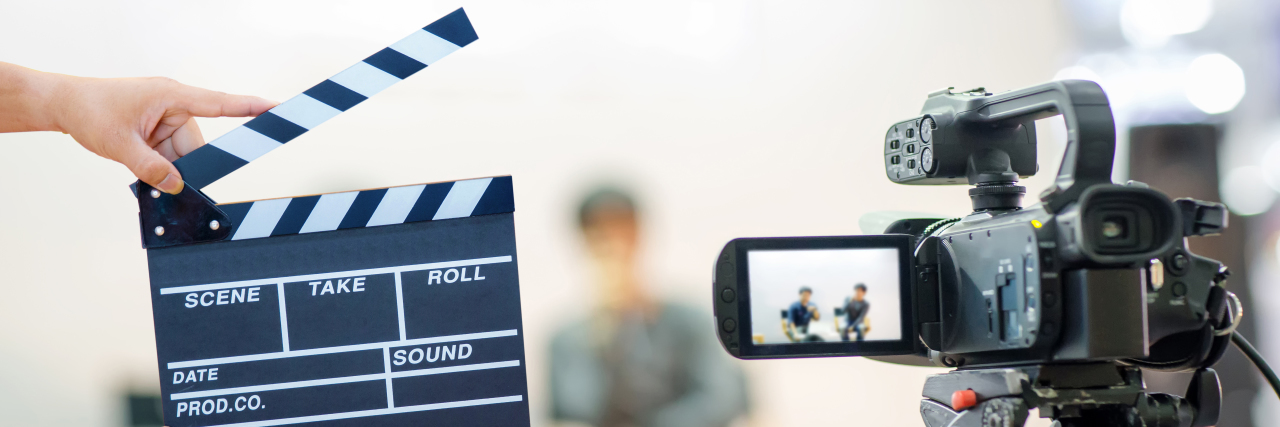While growing up, I never saw any characters in popular culture that looked like me. No one had cerebral palsy or a mild disability. The few disabled characters I saw were sruck in the background, tragic, made to be an object or a pawn and rarely had any agency in the story. These characters were also played by able-bodied actors, which weakens the representation further. There were no Disney Princesses, Power Rangers or friends I could relate to fully. Even now, as a grown woman, I can’t think of many that have emerged since.
The only realistic portrayals of CP that come to mind are Micah Fowler who plays JJ on “Speechless” and RJ Mitte III who plays Walter Jr. on “Breaking Bad.” Both actors have cerebral palsy and it’s a step in the right direction for representation, but the entertainment industry needs to produce more content like this. People of color and trans people are getting more representation, and so should physically disabled people. We are not a tragic trope in order to win an Oscar.
This lack of representation is a hard pill to swallow as a struggling actor and artist. I always fear that when in an audition room, I won’t even be considered. I am not a strong dancer or physical actor, but I try my best when challenged. I should not be judged on something I cannot change about myself, and my disability should not be a strike held against me. There needs to be a revolution in the casting process, and we need more characters who depart from the classic hero stereotype of a straight, white man. We have stories worth telling and they demand respect. Hiring a team that contains physically disabled crew members and actors would be an enormous change in the landscape. Unfortunately we are far from that happening, but I have hope.
I have hope because I know pressure is mounting for more diversity to be brought to the screen, on stage and in the cultural mainstream generally. Disabled people make up a large population and we are a diverse group within that. I don’t think I’m asking too much to see a girl with mild cerebral palsy like myself in popular culture. I can only relate so much to other heroines, and while my disability does not define me, it is always there. I must not be the only person wishing to have grown up with relatable characters.
Disability cannot be solely described as “stuck in a wheelchair in the background.” It should be brought to the forefront as a part of the narrative. The opportunities this could provide to the disability community are immense and could change how society reacts to disabilities in the future.
Getty image by KC Kate 16.

